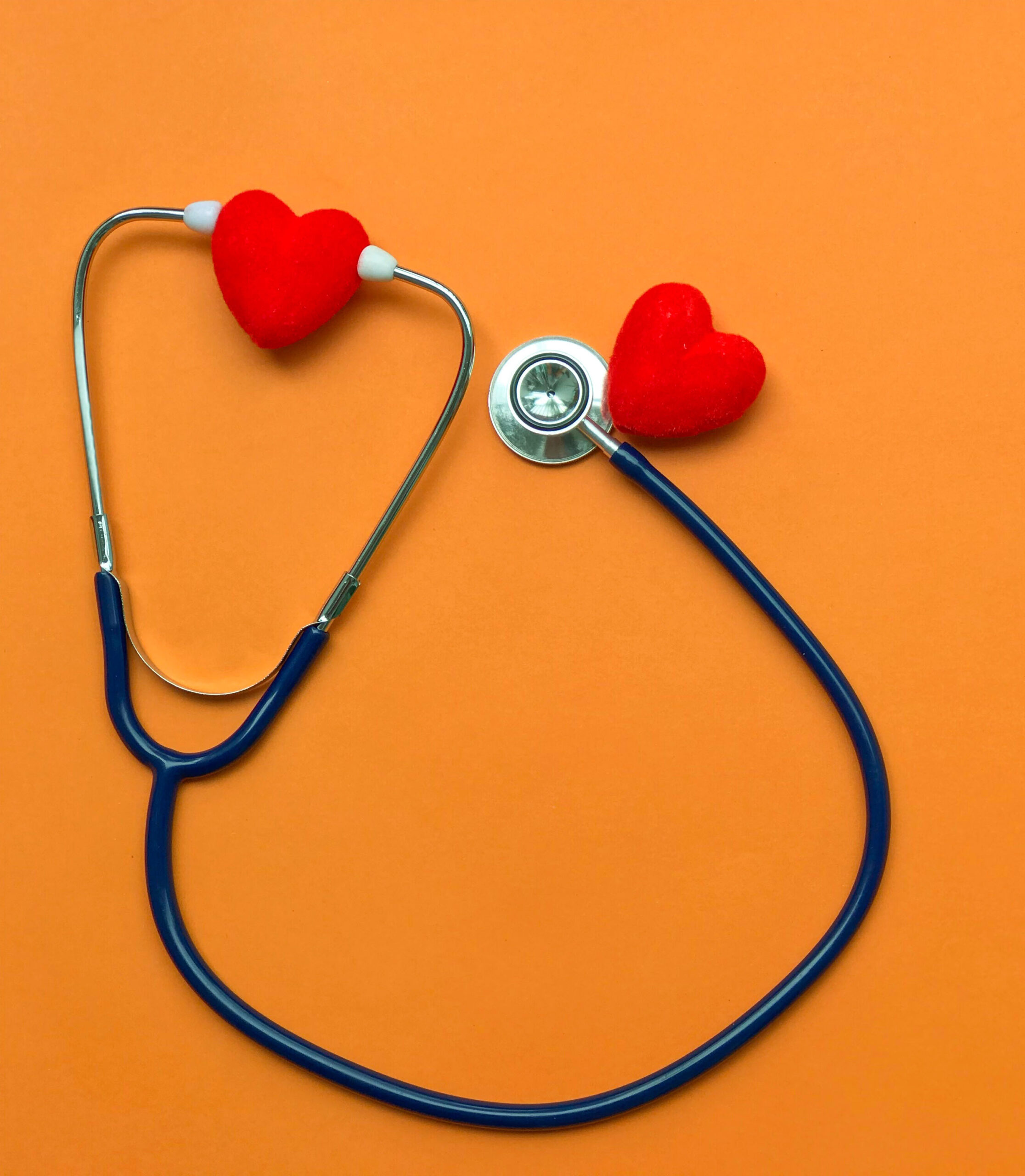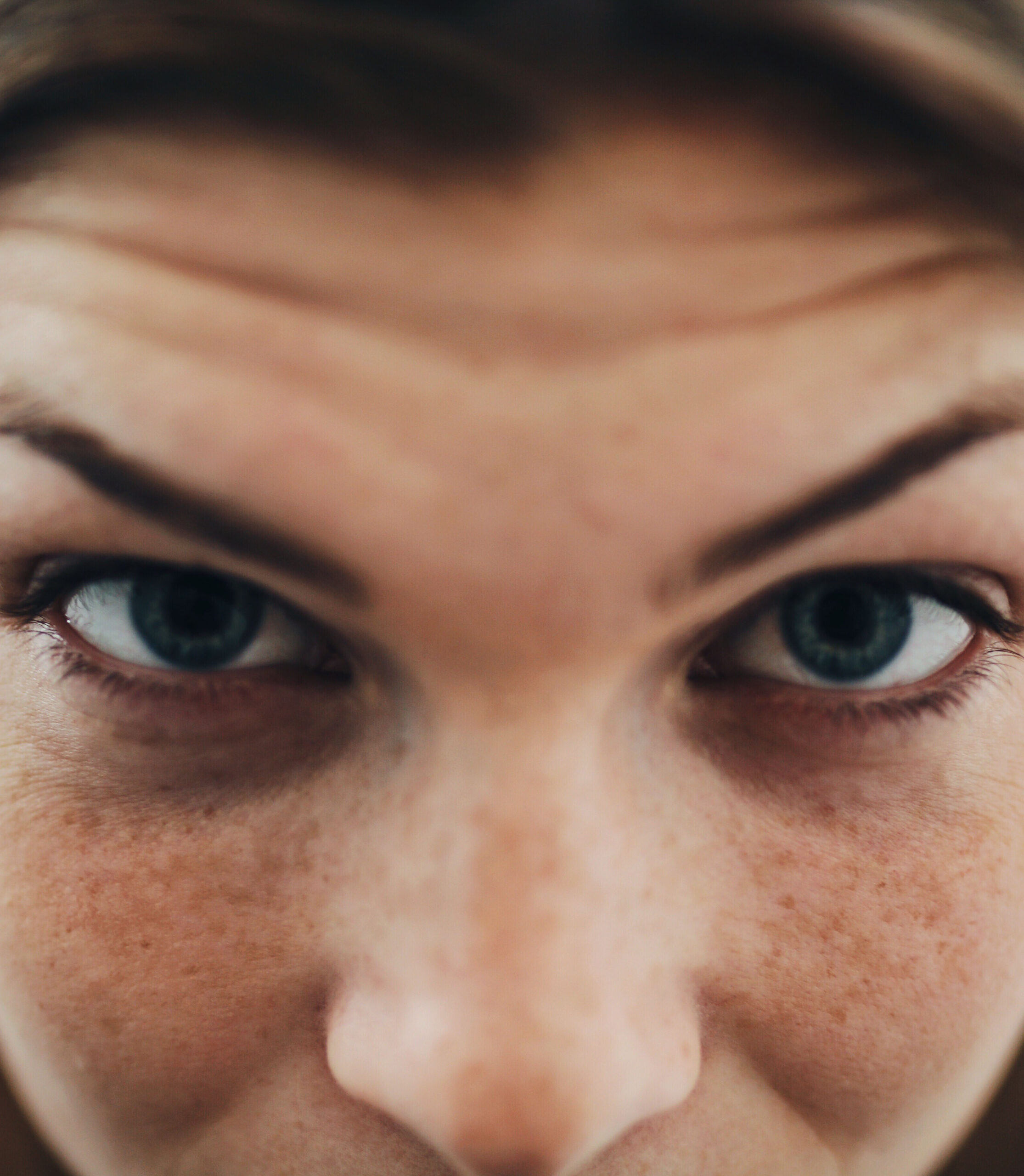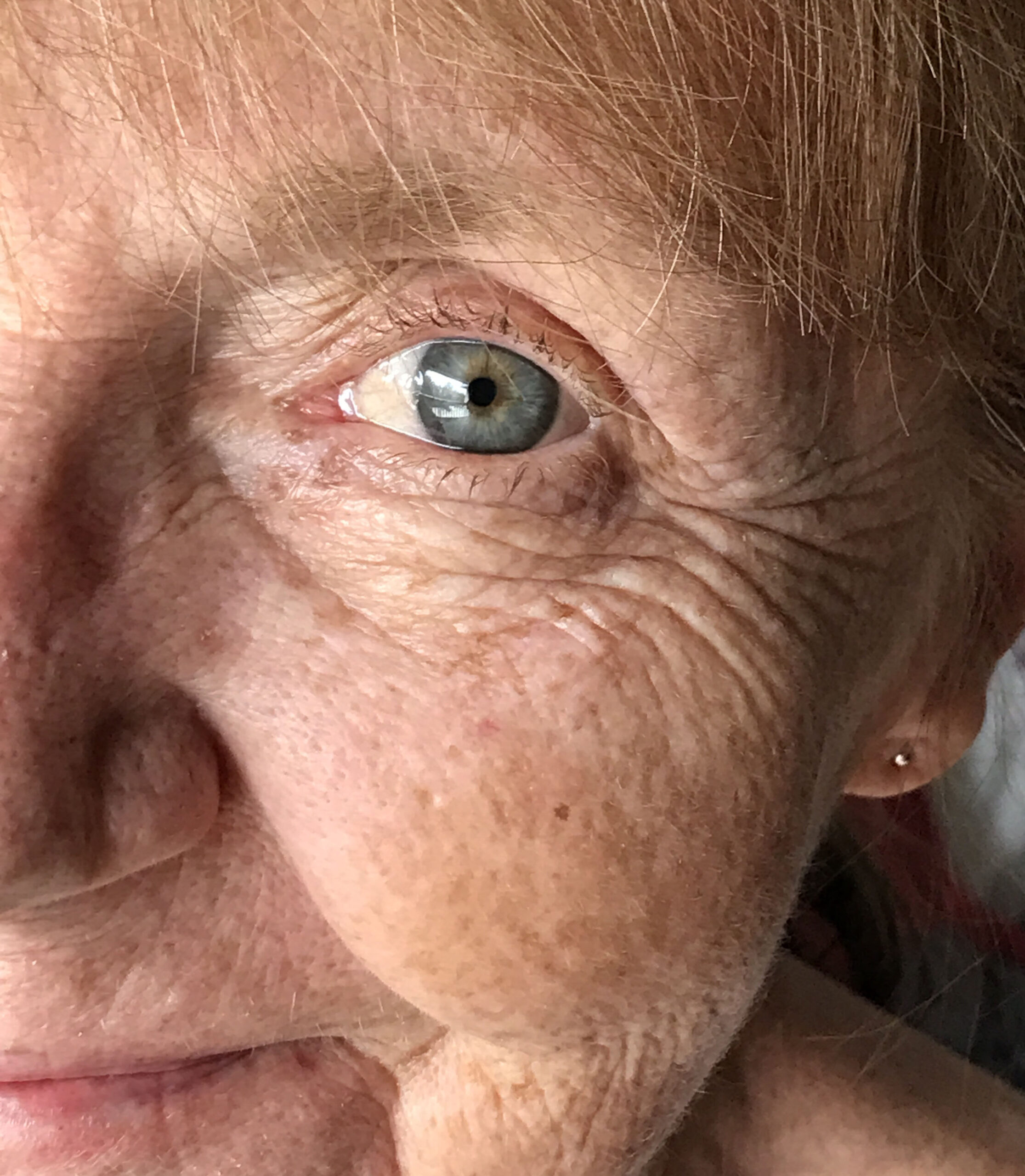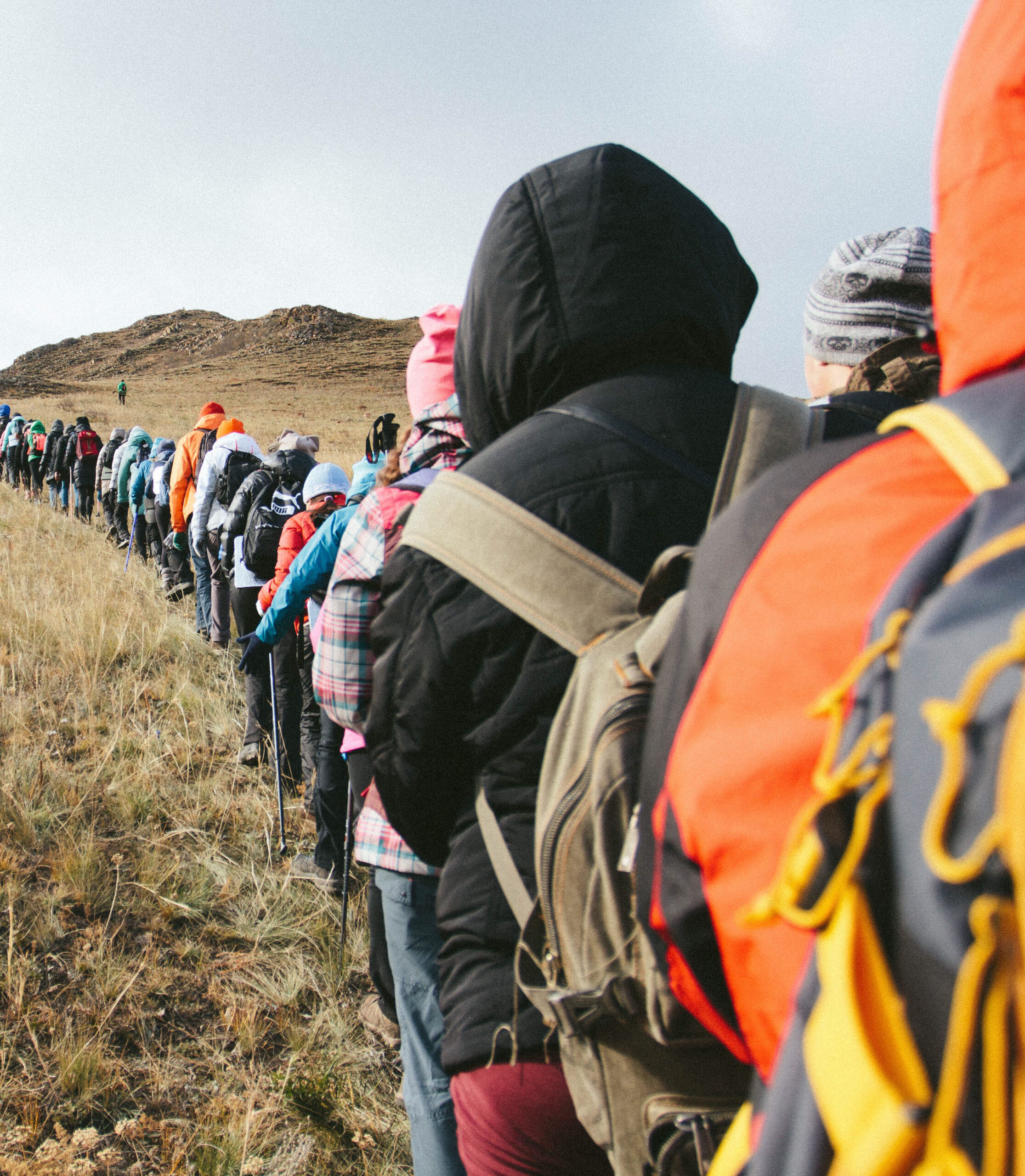
It's good to give thanks, in more ways than you'd think. Those who adopt the attitude of gratitude may very well lead to healthier, happier lives. Read on to find out how.
It’ll Help You Sleep at Night

There's a reason why so many of us count our blessings before bed—and scientists have confirmed it. Practicing gratitude before bed is associated with better, longer sleep, even for those with sleep problems.
It’s Good for Your Heart

Intuitively, this just makes sense—but the science is, not surprisingly, more complicated. Researchers from the Greater Good Science Center, at the University of California, Berkeley, say it's "possible that gratitude promotes better cardiovascular health in cardiac disease through the enhancement of both hedonic and eudaimonic well-being." Say what?!
Translation: By promoting various kinds of well-being, including optimism, gratitude reduces stress, supports healthy behaviors like eating well and exercising, and, in turn, improves heart health.
It Keeps Depression at Bay

Giving thanks is no substitute for therapy or medication, but it does make a difference. Study after study shows that gratitude helps mitigate many depressive symptoms, through positive reframing of depressive thoughts and by generating positive emotions.
It Gives You a More Positive Outlook on Life

Happiness experts Michelle Gielan and Shawn Achor suggest that being grateful for just three simple things a day, over the course of 21 days, can help change your entire worldview. (You must say or write them down, and you can't repeat any of them).
"Doing this trains your brain to see more positives in the world," they told "Today." "Your brain actually gets better at being more positive."
It Helps Strengthen Your Relationships

In the words of psychologist and gratitude expert Robert Emmons, of the University of California, Davis, "I see [gratitude] as a relationship-strengthening emotion because it requires us to see how we've been supported and affirmed by other people."
It Boosts Your Memory

In older adults, aged 60-plus, a gratitude intervention helped improve anxiety and depression, which we might expect, but also led to an increase in specific memories.
It Helps You Forgive

As director of the Stanford University Forgiveness Projects, Fred Luskin teaches about forgiveness. And at the heart of our inability to forgive, he says, is a huge deficit in gratitude. It follows, then, that with increased gratitude and compassion comes the increased ability to truly forgive.
It Makes You More Patient

David DeSteno, a professor of psychology at Northeastern University, designed a study to look at which emotions had an effect on patience—and gratitude topped the list. "We found that gratitude increases people's self-control, and it increases their ability to wait," DeSteno says. "[When] you cultivate gratitude in your life, it's like a self-control buffer. It helps you more frequently be ready to resist temptation and do the right thing, whatever that right thing may be."
It Helps You Become a Better Athlete

Teri McKeever, the head swim coach at Berkeley, uses gratitude to keep her team of athletes connected and performing at the top of their game.
It Makes You Less Materialistic

In the end, being materialistic makes you miserable. Having gratitude is one cure, says science. Gratitude not only reduces the desire for material possessions, it also reduces the negative feelings associated with such pursuit.
It Helps Improve Productivity

Studies have shown various ways that a gratitude practice not only makes employees happier—it also makes them work better and harder. In one study at the Wharton School, phone-bank fundraisers who received a pep talk that included the director's gratitude made 50 percent more calls than those who weren't shown gratitude. Similarly, in more than one study, employees who had their own gratitude practice, or where gratitude was highlighted as part of the company culture, were more productive.
It Literally Changes Your Brain

Gratitude has the power to reshape your neural pathways, in some cases increasing determination, enthusiasm and energy.







